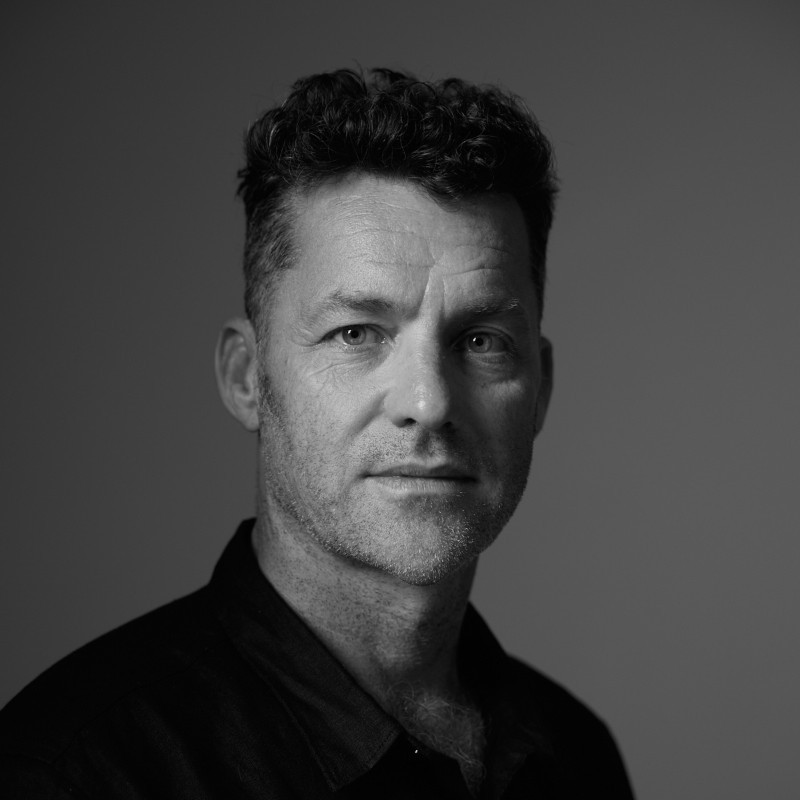
ASKING FOR A FRIEND
When should you disclose a mental health condition to your employer?
ASKING FOR A FRIEND - QUESTION
Deciding whether to disclose a mental health condition at work is one of the toughest calls creative professionals face. In this honest discussion, psychologist Ash King breaks down the psychology of workplace trust and discrimination, while Simon Lee (Chief Creative Officer at The Hallway) shares how leadership vulnerability can transform company culture. Host Andy Wright explores the changing legal landscape around mental health discrimination. Together, they offer practical strategies for testing the waters, building allies, and making disclosure decisions that prioritise your wellbeing. No corporate fluff here – just real talk about navigating mental health in the workplace when the stakes feel impossibly high.
The question of whether to tell your boss about your mental health diagnosis is one that keeps many of us awake at night. It's a deeply personal decision that sits at the intersection of vulnerability, trust, and workplace politics. The stakes feel high because, well, they often are.
If you've been burned before by sharing too much too soon, or if you're watching colleagues navigate similar waters, you're not imagining the complexity here. This is genuinely tricky territory, and there's no one-size-fits-all answer.
This question was answered by Ash King, psychologist and cyberpsychology researcher at the University of Sydney, who specialises in mental health support for creative professionals; Simon Lee, Chief Creative Officer at The Hallway, with extensive experience in creative leadership and workplace culture; and Andy Wright, host and CEO of Streamtime, who co-chairs Mentally Healthy and advocates for healthier creative workplaces.
The harsh reality of workplace discrimination
Let's start with the elephant in the room. As Ash points out, "unfortunately you're not alone" if you've experienced discrimination after disclosing a mental health condition. The reality is that despite all the diversity statements and mental health awareness campaigns, some workplaces still haven't caught up.
"Talking the talk is different to walking the walk," Ash explains, "and I think that you don't always know that until you're within the company culture and you're on the receiving end of some of this treatment."
This isn't about being pessimistic. It's about acknowledging that your caution might be well-founded, and that's okay.
Understanding psychological safety
The key concept here is psychological safety, which Ash describes as "just a fancy term for trust." In psychologically safe workplaces, you won't be "embarrassed, shamed or punished for speaking up and being human."
But how do you gauge this before taking the leap? Look for consistent actions, not just policies. Does leadership actually model vulnerability? Do people seem genuinely supported when they're struggling? These are better indicators than any diversity statement on a website.
When culture starts at the top
Simon shares his experience of how openness can spread through an organisation: "I've been sort of quite open about some anxiety issues that I've had in the past and I think that helped people feel more comfortable opening up about it."
This highlights something crucial: when leadership demonstrates vulnerability first, it creates permission for others to do the same. If you're seeing this kind of modelling from the top, it might be a green flag for disclosure.
Taking small steps
Rather than an all-or-nothing approach, Ash suggests starting small: "if you just have one person on your side that you feel like you can be open to and this doesn't need to be management... would start to sort of maybe take little steps to opening up about some things."
Building trust gradually with one supportive colleague can help you test the waters and create an ally before considering broader disclosure.
The changing legal landscape
There's some encouraging news on the legal front. As Andy mentions, "there's definitely more happening in legislation" and there have already been court cases around workplaces not providing psychological safety. Mental health discrimination is increasingly recognised as just that: discrimination.
This doesn't solve everything overnight, but it does mean you have more recourse than you might think.
Practical considerations
Before making any decisions, consider:
- Do you have at least one trusted colleague or manager?
- Have you observed how the workplace handles other people's challenges?
- What support do you actually need to do your job well?
- Can you afford to leave if things go badly?
Remember, disclosure doesn't have to be comprehensive. You might share that you're managing a health condition without going into specifics, or focus on what accommodations would help rather than diagnostic details.
When professional help becomes essential
If workplace stress around disclosure is significantly impacting your mental health, or if you're struggling to cope with both your condition and work pressures, it might be time to seek professional support. A mental health professional can help you develop strategies for managing workplace relationships and your own wellbeing.
For immediate support and crisis resources, visit our comprehensive help section which includes 24/7 helplines and professional services.
Legal support when you need it
If you're facing discrimination, harassment, or unfair treatment related to your mental health, you don't have to navigate this alone. Never Not Creative's Support Line offers free initial legal consultations for creative industry professionals dealing with workplace issues, including mental health discrimination.
You're not alone in this
The decision of when or whether to disclose a mental health condition to your employer is deeply personal, and there's no universally right answer. What matters is that you make the choice that feels safest and most authentic for your situation.
As Simon notes, "things do seem to be changing very much for the better," particularly since COVID opened up conversations about mental health. While we're not there yet, each person who speaks up (when it's safe to do so) helps create space for others.
Trust your instincts, build your support network, and remember that your worth isn't determined by your employer's response to your humanity.
our guests
Industry Leader

Simon Lee
Enigma
Mental Health Expert

Ash King
ashking.com
Host

